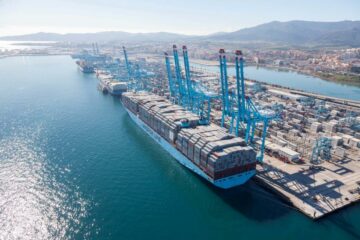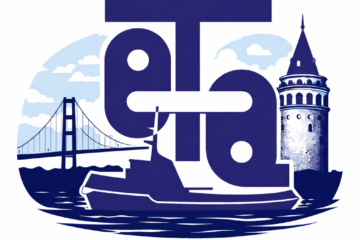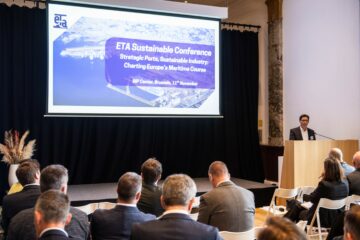ETA, together with FEPORT and EMPA submitted a joint position on the General Block Exemption Regulation (GBER), a EU law that allows member states to grant public aid for various projects without requiring prior approval from the European Commission if the aid meets specific conditions. Therefore, it exempts certain categories of State aid from the standard notification process, enabling faster deployment of public support while maintaining fair competition in the internal market. The European Commission is reviewing the GBER, in order to align it with the EU’s Competitiveness Compass and the Clean Industrial Deal, cutting red tape and promoting necessary investments, while keeping a level playing field in the Single Market.
The joint position highlights the structural disadvantage that ports suffer compared to other transport modes, as only basic infrastructure like quays and dredging are covered. This means that vital superstructures—such as cargo-handling equipment, onshore power supply, and digital systems— are excluded, which creates legal uncertainty and delays investment in these areas. Unlike aviation, rail, and road, ports must undergo burdensome notification procedures, which slows modernisation efforts and undermines the EU’s competitiveness, climate, and resilience goals.
Therefore, the three associations urge the EC to update the GBER and ammend article 56b in order to address this inconsistency and facilitate the investment in terminals´ superstructures and advanced terminal assets. This investment is essential to port services as well, as they will accelerate the sector´s compliance with the EU decarbonisation goals. For example, facilitating the funding of onshore power supply would help reduce emissions from vessels and tugs and digital platforms would streamline coordination for towage, pilotage, and traffic management, cutting waiting times and fuel use.
You can read the joint submission here.


